
PFS director and disability and inclusion campaigner Eddie Grant FPFS, a Chartered Financial Planner, explains what the 'disability dividend' is and how inclusion can strengthen workforces, customers and communities.

Laura Cornely is director and a founder of a new 'automated' financial adviser service trying to help bridge the advice gap and help advisers find new revenue. The company has been developed through the FCA's Regulatory 'Sandbox' scheme designed to help early stage companies develop their propositions.

With news today that the IHT take seems to be rising inexorably, Andy Zanelli, head of technical engagement at Aberdeen Adviser looks in this case study article for Financial Planning Today at the worrying potential cost of IHT to future generations and why advisers need to start planning now to avoid a nasty tax trap.
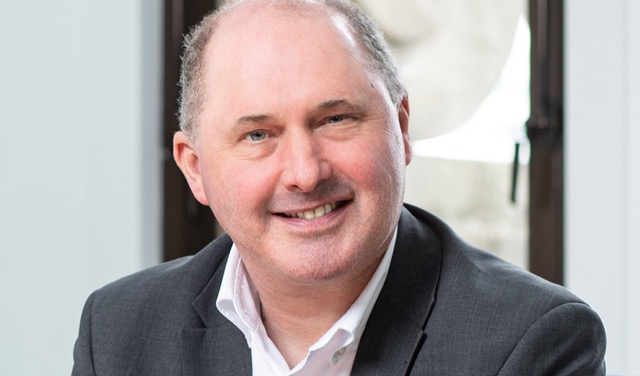
James Jones-Tinsley, technical specialist at pension consultants Barnett Waddingham, reviews the updates this week from HMRC and the FCA on pension tax free lump sum cancellation rights.
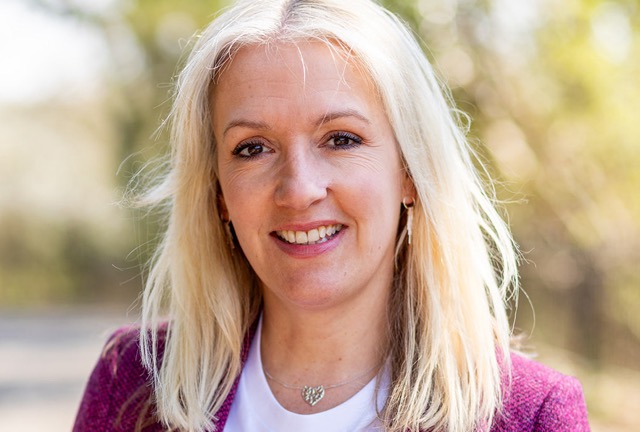
Tessa Lee, managing director of adviser fintech support firm Moneyinfo, looks at why, in a hybrid working world, being in the office and working with colleagues face to face still matters.
Over the last few years, the narrative has swung dramatically in favour of remote and hybrid work. We've all seen it.
The flexibility is fantastic, I’ve embraced it myself. But I’ve also seen first-hand that for both people and businesses, there’s real magic in being office-based.
Our model is simple: most people work three days in the office and two from home, with extra flexibility for those with childcare arrangements or longer commutes.
The whole product team is always in the office on Mondays, kicking the week off with focus and momentum. Our support team works on a three-day office rota that changes regularly so they get exposure to different colleagues and departments which is great for knowledge-sharing and building relationships across the business.
This rhythm keeps the office alive with conversation and ideas, while still leaving space for the focused work that’s easier to do at home.
There’s a unique energy in a room full of people working towards a shared goal. Conversations flow naturally, ideas spark and problems get solved in minutes instead of days. For new or younger colleagues, being physically present is the fastest way to learn, not just the technical side of financial services, but the subtleties of tone, timing and client care that you can only pick up in person.
My very first job was as a Junior Administrator at an advice firm and I learnt so much just by listening to my boss and colleagues speaking to clients. Those lessons became the foundations for how I approached my own client calls.
Culture is not a mission statement on the wall. It’s the small, daily moments: the quick “have you got a sec?” chat, the laugh over a cup of tea, the nudge that keeps a project moving. In advice and planning firms, this matters. Clients will feel the difference when they’re dealing with a close-knit team that clearly communicates well and has each other’s backs.
Some days are perfect for working from home: writing content, doing in-depth analysis, or tackling a project that needs complete focus. It also makes it easier for people to manage personal commitments without losing productivity. We have found that working from home makes our office days more purposeful, we come in ready to get things done together.
Our team spans different generations, backgrounds, and working styles. Working in a hybrid way has made us think harder about how we communicate, from picking the right channel, to encouraging quieter voices, to making sure tech works for everyone. Learning flows both ways, younger colleagues bring fresh ideas, while experienced team members share hard-earned wisdom and industry insight.
And for myself? From a leadership perspective, being in the office helps me stay connected to what’s really going on. I can see where help is needed, sense when priorities should shift and keep everyone aligned. We find productivity rises not from oversight but from removing the friction that can slow down collaboration.
There’s no doubt hybrid working provides flexibility - but the heartbeat of our business, and our culture, is still the days we spend together.
Tessa Lee is managing director of Moneyinfo, a fintech firm based in Warwickshire, specialising in client portals and mobile apps for the wealth management industry. She has more than 20 years’ experience working in financial advice and fintech and holds several CII Financial Planning qualifications.

Tessa Lee, managing director of adviser fintech support firm Moneyinfo, looks at AI lessons she's learned and how planners can begin to unlock the benefits of AI step by step.
I was on a Teams call recently with a prospective client, a conversation full of insight and next steps.
Normally I’d spend an hour replaying notes and writing a follow-up. But this time, I used Microsoft Copilot (Microsoft's AI tool). It transcribed the meeting, summarised key themes, and suggested action points. All I had to do was sense-check and personalise.
This brought it home for me. AI wasn’t about replacing what I do, it was about creating time to focus on the work that matters.
At Moneyinfo, we’ve been exploring how AI can support us right across the business. We’re excited by what it can do – but our eyes are wide open. There’s huge potential, but only if you take the time to build in structure and safeguards.
We didn’t roll AI out to everyone from day one. We started with the management team, testing use cases in a controlled environment. It gave us space to explore what worked, where the risks were, what training the wider team would need.
We looked at each use case carefully, ensuring it lined up with our information security policies. We checked how data would be handled, who could access what, and where the risks might be. If AI was going to be part of how we work, it had to respect our controls, not find ways around them.
AI is great at day-to-day heavy lifting. It helps us summarise meetings, draft content and research, taking pressure off admin and giving the team more space to focus.
But just because you can, doesn’t mean you always should. Some things still need human judgement, empathy and creativity. Our approach is simple. AI supports process but people stay in control of the outcome.
We’ve written an internal AI policy to guide how we use it responsibly. Everyone has training on prompting, reviewing content and understanding where the limitations are.
Nothing client-facing goes out without a human sense-check. We’ve applied the same principles we use for any process or tool; clear oversight, good record-keeping and alignment with our values.
As a SaaS platform, we’re thinking carefully about how AI can support our strategy, helping us build better tools and deliver more value to advice firms and their clients.
We’re exploring where AI might assist our development team with tasks like code review or documentation in future, and how we can build AI features into the product, supporting onboarding, reviews and workflow automation, while keeping the adviser-client relationship at the heart of it.
In client service, AI can help us respond more quickly and consistently, making sure firms get the right support when they need it. As we move forward, trust, privacy and transparency will remain essential.
Practical advice for financial planning and wealth firms
Start with a problem you want to solve. Whether it’s onboarding, meeting prep or admin, AI can help, but only if you’re clear on what you want it to do. Begin somewhere low risk. Summarise internal meetings, review provider updates, or draft team comms. Let people get familiar with how it works before using it with clients.
Put some simple guidelines in place. Write a short policy. Teach the team how to prompt well and sense-check the outputs. It’s quick, but not always right.
And if it still feels unfamiliar, try it at home. Ask it to plan a holiday or help with your to-do list. It’s a pressure-free way to build confidence.
Used well, AI won’t replace planners. But it will help you be more efficient, more focused, and better equipped to deliver the kind of service clients really value.
The firms that take the time to explore it now will be the ones shaping what comes next.
Tessa Lee is managing director of Moneyinfo, a fintech firm based in Warwickshire, specialising in client portals and mobile apps for the wealth management industry. She has more than 20 years’ experience working in financial advice and fintech and holds several CII Financial Planning qualifications.
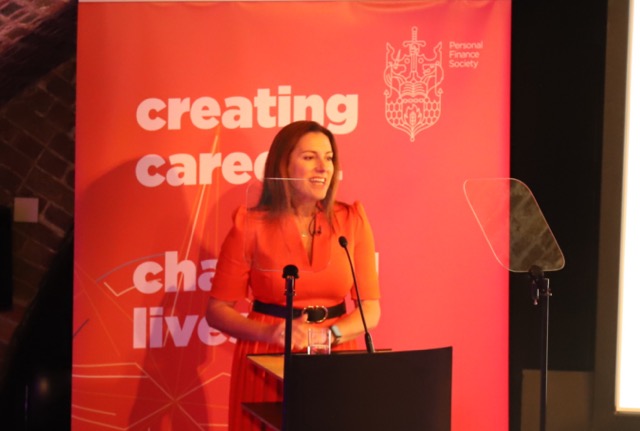
Personal Finance Society President Carla Brown explains why the PFS is investing £1m into a series of major new training initiatives to attract new blood to the profession and tackle the long-term decline in new entrants.
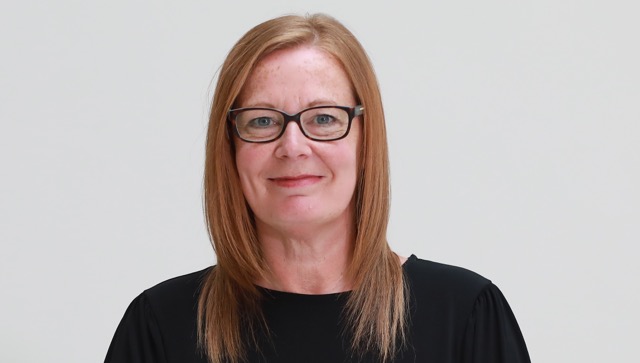
Chartered Financial Planner Susan Hope, a business development director at Scottish Widows and a pensions advocate, writes about how, as National Insurance changes take effect, salary exchange (also called salary sacrifice), could be a new opportunity for Financial Planners.

Former Financial Planner turned author and consultant James Woodfall explains how emotional intelligence works and how Financial Planners can utilise the benefits of EI to understand their clients better.
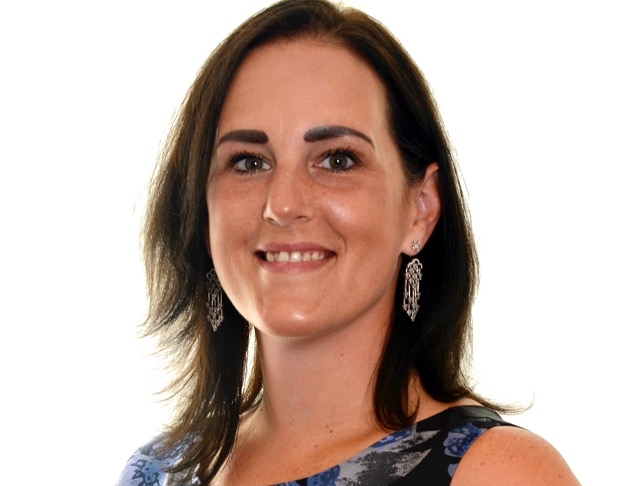
With so many other challenges facing the wealth management sector, from legacy technology to developing compelling products and services, why are firms turning their attention to complaints?, writes Kate Monserrate, co-founder of advice and wealth management business consultancy Simplify Consulting.
Page 1 of 3